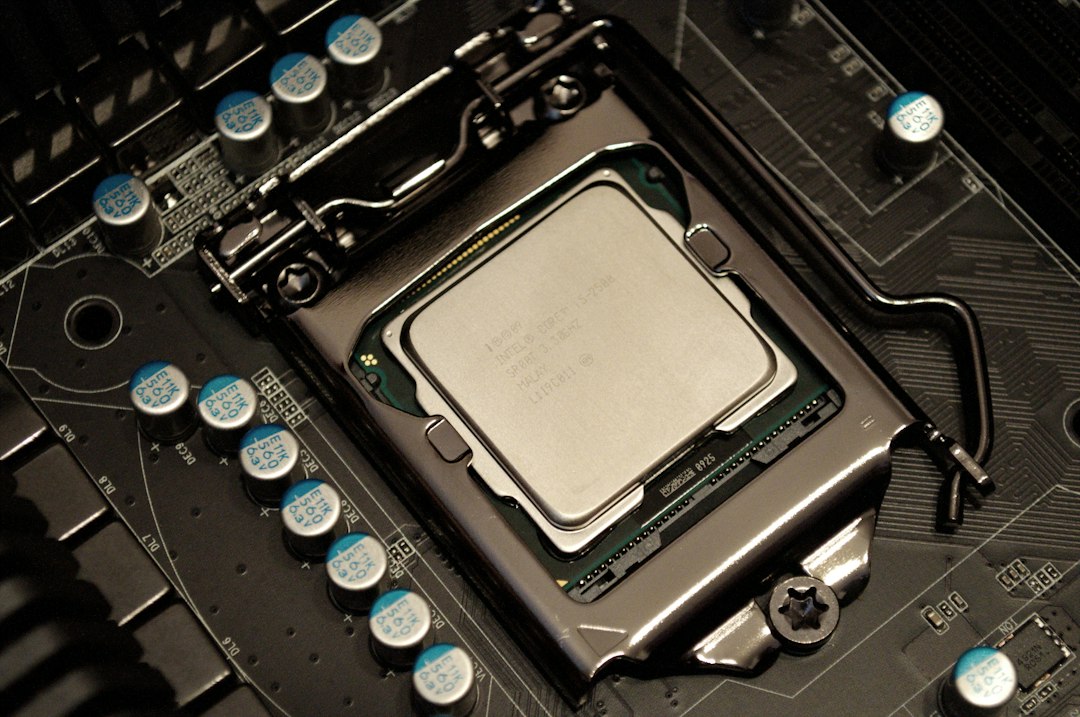The Impact of Artificial Intelligence on Healthcare and Medical Research
Artificial Intelligence (AI) has been making significant advancements in various fields, and one of its most profound impacts has been on healthcare and medical research. With the ability to process vast amounts of data, AI has the potential to revolutionize the way we diagnose and treat diseases, improve patient outcomes, and enhance medical research.
One of the primary benefits of AI in healthcare is its ability to analyze vast amounts of patient data quickly and accurately. Traditional methods of diagnosis often rely on subjective human judgment, which can be prone to errors. AI algorithms can identify patterns and correlations in data that may not be immediately noticeable to humans, leading to more accurate and early detection of diseases. This capability is particularly significant in the context of diseases that develop gradually, such as cancer. Early detection can significantly improve patient outcomes and increase the chances of successful treatment.
AI is also being utilized in the development of personalized treatment plans for individual patients. By analyzing a patient’s medical history, genetic information, and other relevant data, AI algorithms can suggest the most effective treatments and medications tailored to the patient’s specific needs. This not only ensures more efficient healthcare delivery but also minimizes the risk of adverse reactions and provides patients with treatments that are more likely to be successful.
In addition to diagnosis and treatment, AI is also playing a crucial role in medical research. The traditional process of conducting experiments and analyzing results can be time-consuming and costly. AI, on the other hand, can provide researchers with the ability to process and analyze vast amounts of research data in a fraction of the time. This not only speeds up the research process but also enables scientists to uncover new insights and trends that may have otherwise gone unnoticed. AI can simulate complex biological systems, predict outcomes, and help in drug discovery and development.
Moreover, AI can also help alleviate the burden on healthcare professionals by automating routine tasks and administrative processes. AI-powered chatbots and virtual assistants can handle basic patient inquiries, schedule appointments, and provide information about medications and treatments. This streamlines healthcare operations and allows healthcare providers to focus on more critical tasks and patient care.
While the potential benefits of AI in healthcare are immense, there are also challenges and ethical considerations that need to be addressed. Issues such as data privacy, security, and algorithm bias need to be carefully managed to ensure the responsible and ethical use of AI in healthcare and medical research.
In conclusion, the impact of artificial intelligence on healthcare and medical research cannot be overstated. AI has the potential to transform the way we diagnose and treat diseases, improve patient outcomes, and enhance medical research. With its ability to process and analyze vast amounts of data quickly and accurately, AI is revolutionizing the healthcare industry and paving the way for more personalized and effective treatments. However, it is crucial to address the ethical challenges and embrace responsible AI practices to fully harness its potential and ensure the benefits reach all stakeholders in healthcare.

